Call Us : 08045816053
Triglycidyl Isocyanurate
Price 200 INR/ Kilograms
MOQ : 25 Kilograms
Triglycidyl Isocyanurate Specification
- Melting Point
- 168-172 C
- Poisonous
- Yes
- Molecular Weight
- 297.3 g/mol Grams (g)
- Boiling point
- 240 C
- Molecular Formula
- C12H15N3O6
- Form
- Powder
- Storage
- Room Temperature
- CAS No
- 2451-62-9
Triglycidyl Isocyanurate Trade Information
- Minimum Order Quantity
- 25 Kilograms
- Payment Terms
- Cash in Advance (CID)
- Delivery Time
- 7 Days
- Sample Available
- Yes
- Sample Policy
- Free samples are available
- Packaging Details
- Plastic Bags / Paper Bags
- Main Export Market(s)
- Eastern Europe, Western Europe, Africa, Central America, Australia, Middle East, South America, Asia, North America
- Main Domestic Market
- All India
- Certifications
- ISO 9001:2008
About Triglycidyl Isocyanurate
We are a trusted name among the suppliers of Triglycidyl Isocyanurate for our highly valued clients. It has a melting point of 168-172 degree centigrade and is a contrasting of epoxy heterocyclic compounds. Epoxy-3 is quiet lively with the hydroxyl polyester resin for high-density cross-linked. We test this product on various parameters prior to dispatch from our end to make sure that we serve a flawless and pure range to our customers. We offer this to our patrons at highly affordable prices.
Triglycidyl Isocyanurate Properties:
Triglycidyl isocyanurate (TGIC) is a chemical compound that belongs to the class of isocyanurate compounds. It is primarily used as a crosslinking agent in the production of epoxy resins. TGIC is a solid material that appears as a white to pale yellow powder or granules. Here are some key properties of triglycidyl isocyanurate:
1. Molecular Formula: C12H15N3O6
2. Molecular Weight: 297.3 g/mol
3. Melting Point: Approximately 168-172 degree centigrade
4. Solubility: It is soluble in organic solvents such as acetone, methyl ethyl ketone (MEK), toluene, and ethyl acetate. It has limited solubility in water.
5. Stability: TGIC is relatively stable under normal conditions. It is not easily decomposed by heat or light.
6. Reactivity: TGIC is a reactive compound and is commonly used as a crosslinking agent in epoxy resins. It can react with epoxy groups to form highly crosslinked networks, providing improved mechanical and chemical properties to the cured resin.
7. Toxicity: Triglycidyl isocyanurate is classified as harmful if swallowed or in contact with skin. It is important to handle this compound with proper safety precautions, including the use of protective equipment and adherence to good laboratory practices.
8. Form of Chemicals: Granules, Powder
9. Appearance: White
Triglycidyl Isocyanurate Applications:
Triglycidyl isocyanurate (TGIC) has various applications primarily in the field of coatings, adhesives, and composites. Here are some common applications of TGIC:
1. Powder Coatings: TGIC is widely used as a crosslinking agent in powder coatings. Powder coatings are applied as a dry powder and then cured by heating to form a tough, durable, and attractive coating. TGIC acts as a curing agent, promoting crosslinking reactions in the powder coating formulation. This results in improved coating properties such as chemical resistance, hardness, and heat resistance.
2. Adhesives and Sealants: TGIC is utilized as a crosslinking agent in the formulation of epoxy-based adhesives and sealants. It helps to enhance the adhesion strength and chemical resistance of the cured adhesive. TGIC-containing adhesives find applications in various industries, including automotive, aerospace, construction, and electronics.
3. Composites: TGIC is employed as a curing agent in the manufacture of epoxy-based composites. Composites are materials composed of a reinforcement material, such as fiberglass or carbon fiber, embedded in a matrix material, which is often an epoxy resin. TGIC facilitates the curing process, leading to the formation of a strong and rigid composite structure. These composites are used in industries such as aerospace, automotive, marine, and sports equipment.
4. Electrical Insulating Materials: TGIC is incorporated into epoxy formulations used for electrical insulation applications. The cured epoxy resins with TGIC exhibit excellent electrical insulation properties, making them suitable for the production of electrical components, printed circuit boards (PCBs), and electrical insulation coatings.
5. Laminates: TGIC is utilized in the production of laminates, which are layered structures composed of resin-impregnated reinforcing materials such as fiberglass or carbon fiber. TGIC acts as a curing agent for the epoxy resin, resulting in the formation of a strong and rigid laminate structure. Laminates find applications in the construction of lightweight and high-strength components in industries like aerospace, automotive, and sporting goods.
Frequently Asked Questions:
Q: What is the purpose of using TGIC in powder coatings?
A: TGIC is used as a crosslinking agent in powder coatings to promote curing and crosslinking reactions. It helps improve the chemical resistance, hardness, and heat resistance of the powder coating, resulting in a durable and attractive finish.
Q: Is TGIC hazardous to health?
A: TGIC is classified as harmful if swallowed or in contact with the skin. It is important to handle TGIC with proper safety precautions, including the use of personal protective equipment and adherence to good laboratory practices. Always refer to the manufacturers safety data sheets for detailed information on handling and safety precautions.
Q: Can TGIC be used in water-based coatings?
A: TGIC has limited solubility in water and is primarily used in solvent-based systems. However, there are water-dispersible TGIC derivatives available that can be used in water-based coatings as crosslinking agents.
Q: What are the advantages of using TGIC in composites?
A: TGIC acts as a curing agent in epoxy-based composites, resulting in a strong and rigid structure. The use of TGIC helps improve the mechanical properties, such as strength and stiffness, of the composite materials. This makes them suitable for applications in industries like aerospace, automotive, and sports equipment.
Q: Can TGIC be used as a standalone adhesive?
A: TGIC is not typically used as a standalone adhesive. It is commonly used as a crosslinking agent in epoxy-based adhesive formulations to enhance adhesion strength and chemical resistance. The specific adhesive formulation and application requirements would determine the suitability of TGIC in adhesive systems.
Q: Are there any alternatives to TGIC?
A: Yes, there are alternative crosslinking agents available for epoxy resins, such as triglycidyl trimellitate (TGTM) and triglycidyl tris(4-hydroxyphenyl)methane (TGICM). These alternatives can offer similar crosslinking properties and are sometimes used as substitutes for TGIC in certain applications.
Q: Does TGIC have any environmental considerations?
A: TGIC has been subject to regulatory restrictions in some regions due to environmental concerns. It is important to check the local regulations and guidelines regarding the use and disposal of TGIC to ensure compliance with environmental standards.
FAQs of Triglycidyl Isocyanurate:
Q: What is the molecular formula of Triglycidyl Isocyanurate?
A: The molecular formula of Triglycidyl Isocyanurate is C12H15N3O6.Q: What is the boiling point of Triglycidyl Isocyanurate?
A: The boiling point of Triglycidyl Isocyanurate is 240C.Q: What is the melting point of Triglycidyl Isocyanurate?
A: The melting point of Triglycidyl Isocyanurate is 168-172C.Q: What is the form of Triglycidyl Isocyanurate?
A: Triglycidyl Isocyanurate is in the form of powder.Q: What is the CAS No. of Triglycidyl Isocyanurate?
A: The CAS No. of Triglycidyl Isocyanurate is 2451-62-9.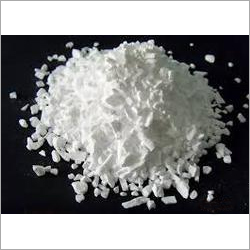
Tell us about your requirement

Price:
Quantity
Select Unit
- 50
- 100
- 200
- 250
- 500
- 1000+
Additional detail
Mobile number
Email
More Products in Industrial Chemicals Category
Aluminium Hydroxide
Price 60 INR / Kilograms
Minimum Order Quantity : 25 Kilograms
Grade : Industrial Grade
Form : Powder
Storage : Room Temperature
Purity : High
Calcium Carbonate
Price 20 INR / Kilograms
Minimum Order Quantity : 25 Kilograms
Grade : Industrial Grade
Storage : Room Temperature
Purity : 99%
Benzoin Gum
Price 100 INR / Kilograms
Minimum Order Quantity : 25 Kilograms
Form : Solid
Storage : Room Temperature
Calcium Stearate
Price 150 INR / Kilograms
Minimum Order Quantity : 25 Kilograms
Grade : Industrial Grade
Form : Powder

 Send Inquiry
Send Inquiry
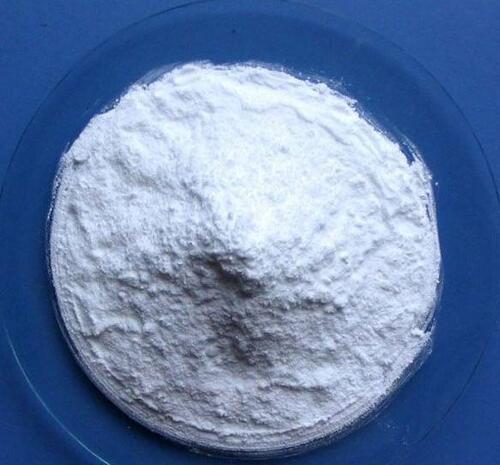
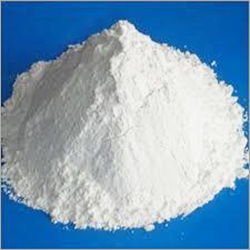
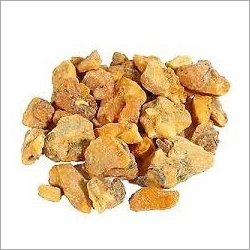
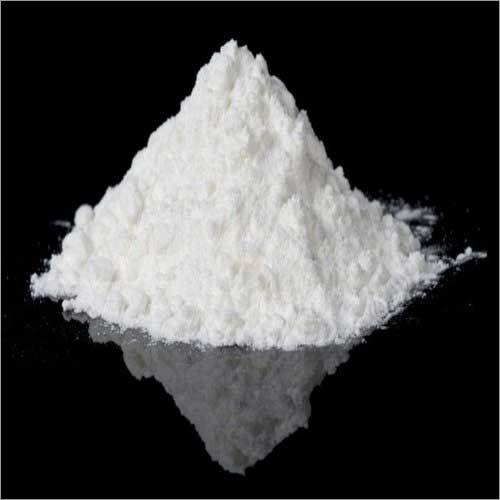
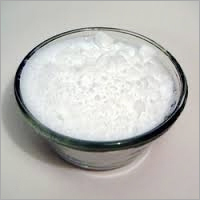
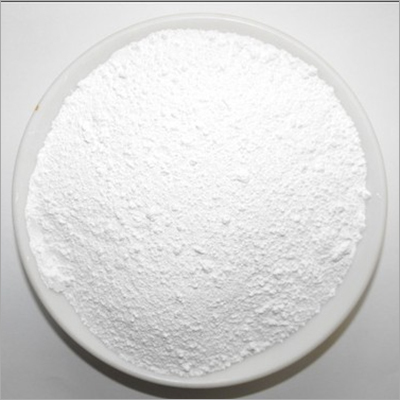

 English
English Spanish
Spanish French
French German
German Italian
Italian Chinese (Simplified)
Chinese (Simplified) Japanese
Japanese Korean
Korean Arabic
Arabic Portuguese
Portuguese